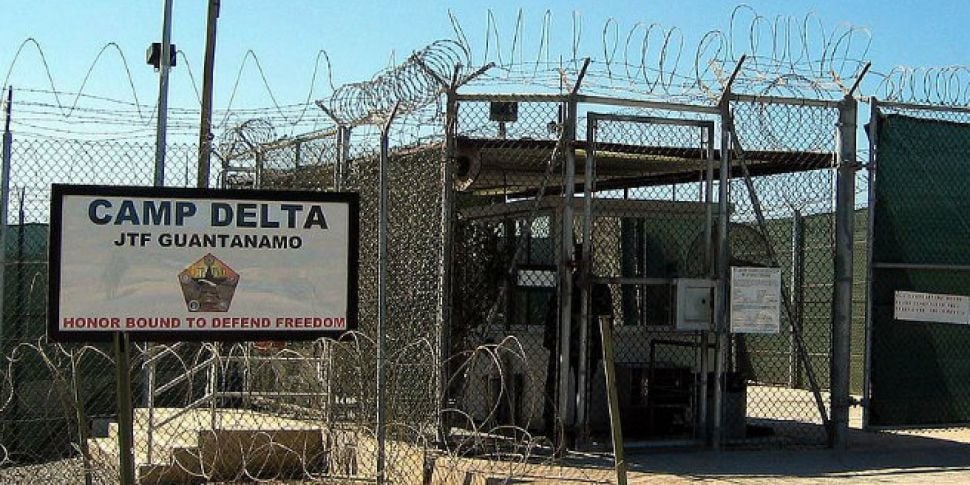Four Guantanamo Bay detainees have been released and sent home to Afghanistan, the Pentagon has revealed.
The men, who were held at the US military prison for over a decade, were flown to the Afghan capital Kabul overnight on a US military plane.
Shawali Khan, Khi Ali Gul, Abdul Ghani and Mohammed Zahir were then released to Afghan authorities.
It was the first transfer of its kind since 2009, a US official said.
The Department of Defence said the men, all Afghan nationals, were released after a thorough review of their individual cases.
"As a result of that review, which examined a number of factors, including security issues, these men were unanimously approved for transfer by the six departments and agencies comprising the task force," a Pentagon statement said.
Their release follows the transfer of six Guantanamo detainees to Uruguay for resettlement earlier this month.
According to the Miami Herald, the Obama administration is expected to push for more transfers before Congress is entirely controlled by Republicans.
President Barack Obama has vowed to close the controversial prison, located in Cuba, citing the damage it had caused to America's image around the world. However many opposition Republicans are against the move.
The Pentagon says the latest transfer has reduced the detainee population in Guantanamo Bay to 132.
It comes less than two weeks after the release of a controversial report documenting the CIA’s use of harsh interrogation techniques at Guantanamo and so-called "black" sites in Europe and Asia.
The facility was set up in 2002 to house suspects captured during the US "War on Terror," launched in the wake of the September 11 attacks.









